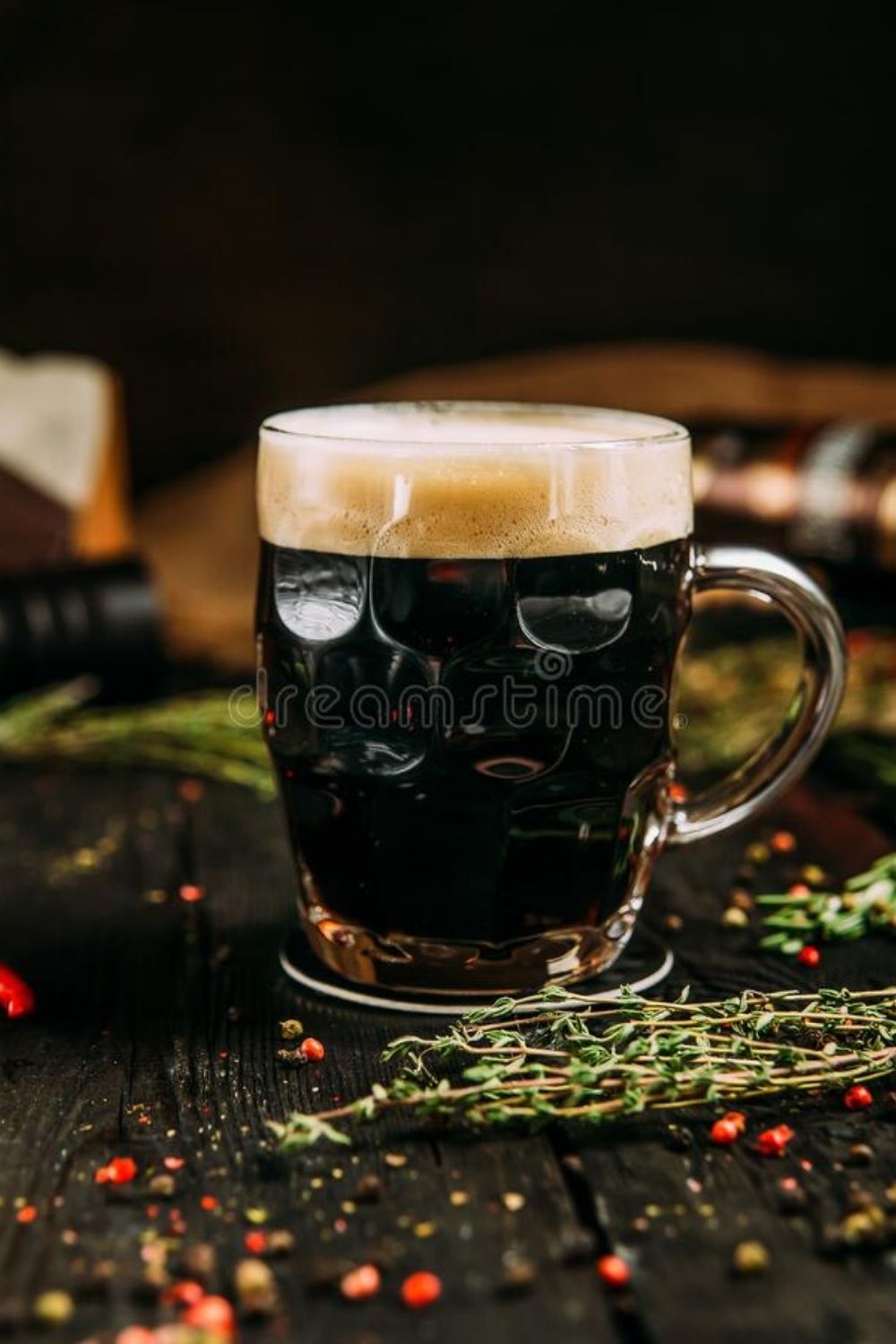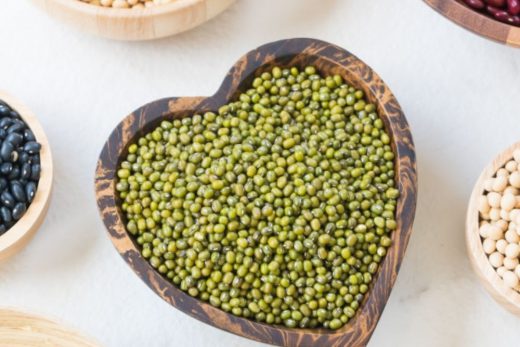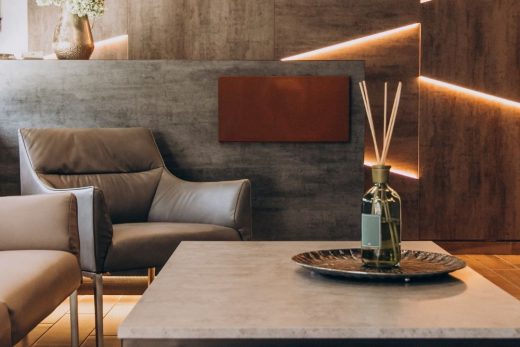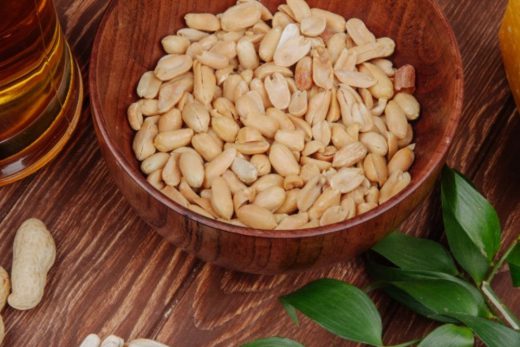Brazil has been making cachaça since the mid-1500s, shortly after becoming a Portuguese colony, and so cachaça is definitively intertwined with Brazil’s history and culture. (Cachaça is actually older than rum, which dates back to the mid-1600s.) The government of Brazil is arguing that cachaça’s links to the country’s history and culture mean that cachaça is a uniquely Brazilian product, and deserves international legal protection as a Brazilian product.
What this means, however, is that cachaça needs to be legally defined and classified as a unique product to gain this protection from the World Trade Organization and other international bodies. It needs to be unique compared to knock-offs from other nations. Simply originating in Brazil solves that problem. But it also needs to be unique compared to rum, and this is trickier. Different woods impart different flavors to the final product, so if your palate is used to the flavors of oak-aged spirits, you may find surprising aromatic and flavor notes in a aged cachaça.





